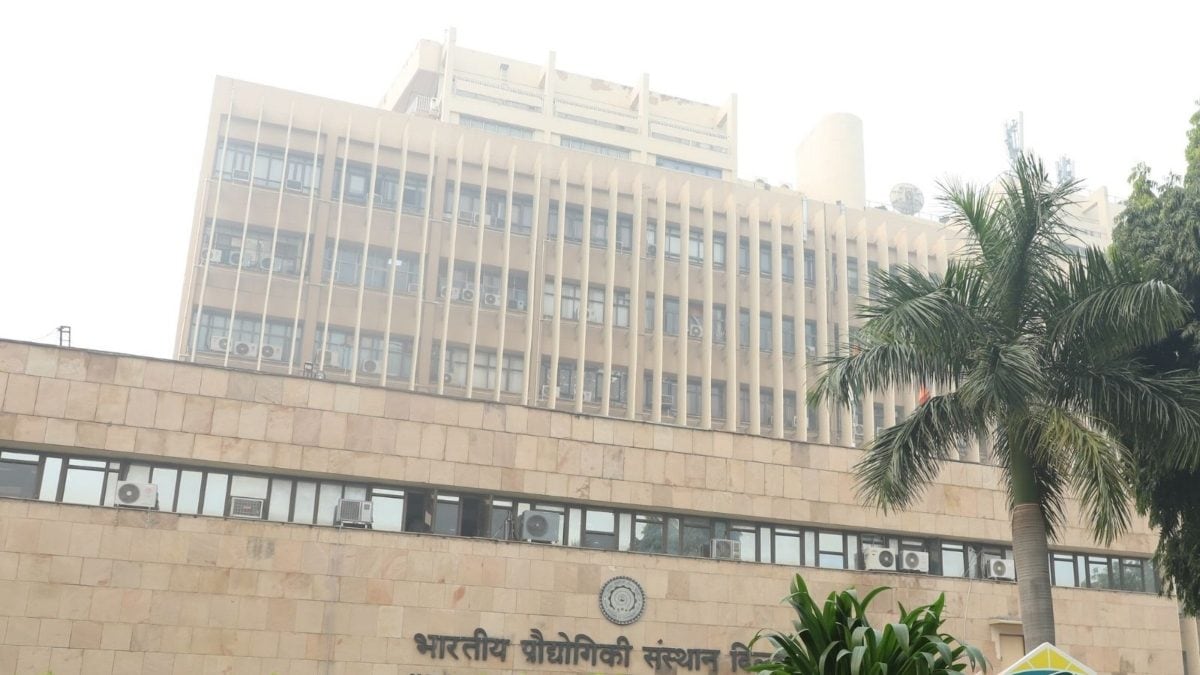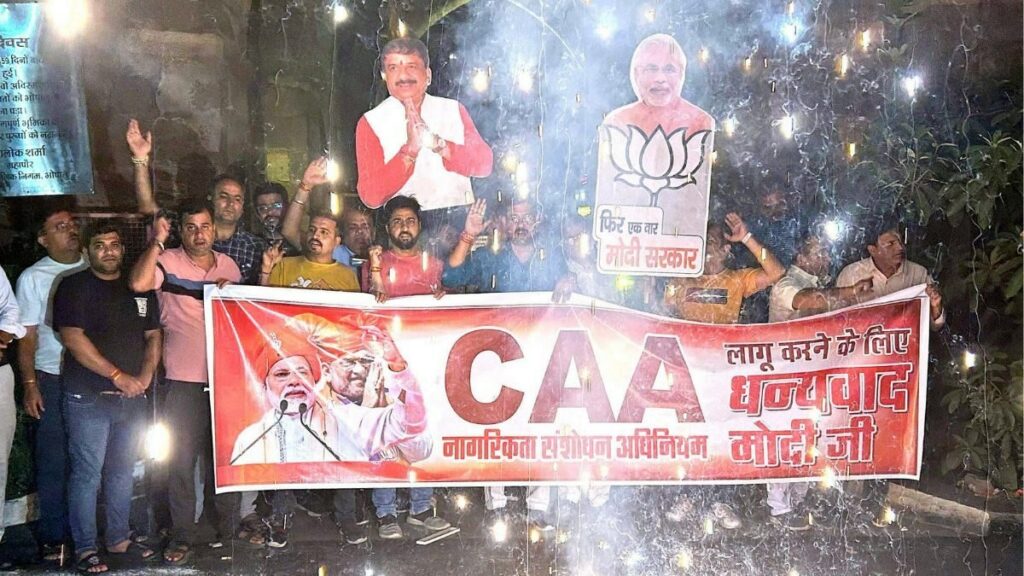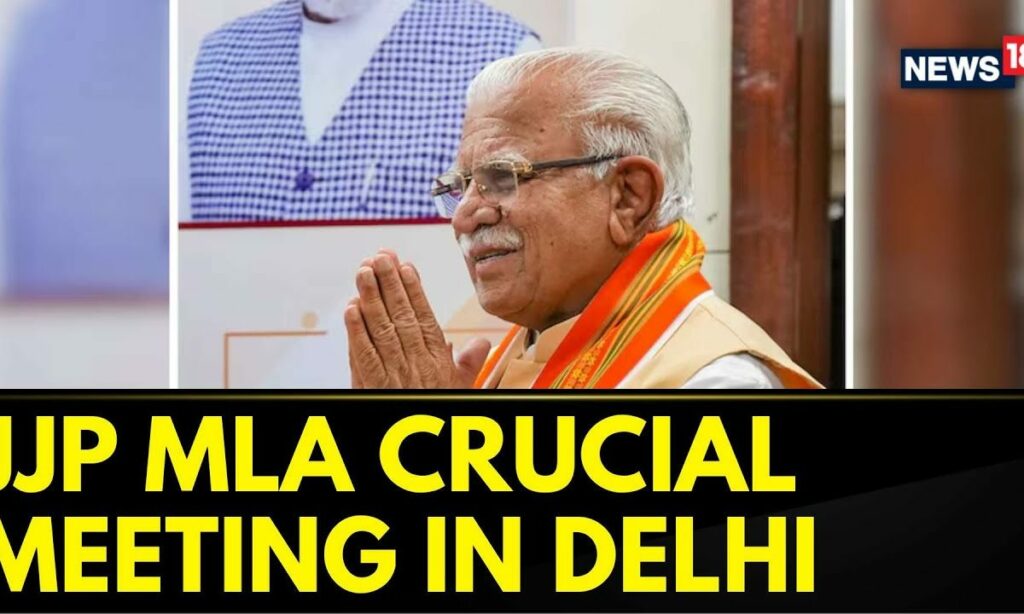
The ministry has tied up with IIT-Delhi for applications of ground and space-based geospatial technologies and AI to monitor and manage the assets under MGNREGS. (File photo)
The plan is to improve the ‘efficacy’ and ‘transparency’ of contract-awarding work being taken up under the Centre’s rural employment guarantee scheme
Sensors, algorithms, and Artificial Intelligence (AI) — this is how a team at the Indian Institute of Technology (IIT) Delhi will help improve the “efficacy” and “transparency” of contract-awarding work being taken up under the Centre’s rural employment guarantee scheme in a tie-up with the union ministry of rural development (MoRD) for its project BhuPRAHARI.
The Mahatma Gandhi National Rural Employment Guarantee Scheme (MGNREGS) is the Centre’s flagship programme under which work such as building ponds, renovation of water bodies, and other such development works are taken up.
The ministry has tied up with IIT-Delhi for applications of ground and space-based geospatial technologies and AI to monitor and manage the assets under MGNREGS.
The project at IIT-Delhi will be headed by its faculty member Manabendra Saharia, who leads the HydroSense lab at the institute. “The ministry had approached us to use technological applications that we have expertise in for better monitoring of MGNREGS works. We will be using techniques such as sensors and developing new algorithms where the application of AI will come in,” said Saharia, who is an assistant professor with the department of civil engineering at the institute.
He added that tons of pictures and data are collected by the ministry daily from across states, and so to process these for mapping of work being done by the contractors in each area is what the technological applications will do.
“At every stage of awarding work, there are multiple verifications that have to be carried out. For instance, if a local contractor has been awarded work to construct a pond, then to verify if it’s dug up to the right measurements, etc, at every stage there could be some pilferages. With the use of tech applications, making these verifications could be done much more efficiently and it can bring in a level of checks on the quality of work being done,” said Saharia, whose core expertise is in land management applications.
The project, to be funded by the MoRD, is yet to take off and it will take around one to two years to come up with a prototype.
According to a senior ministry official, improving transparency in the system is the most important reason that this tie-up has been made. “This collaboration with an academic institution is an effort to explore and apply technological solutions to the challenges faced by rural communities and help drive socio-economic progress,” the official said.











